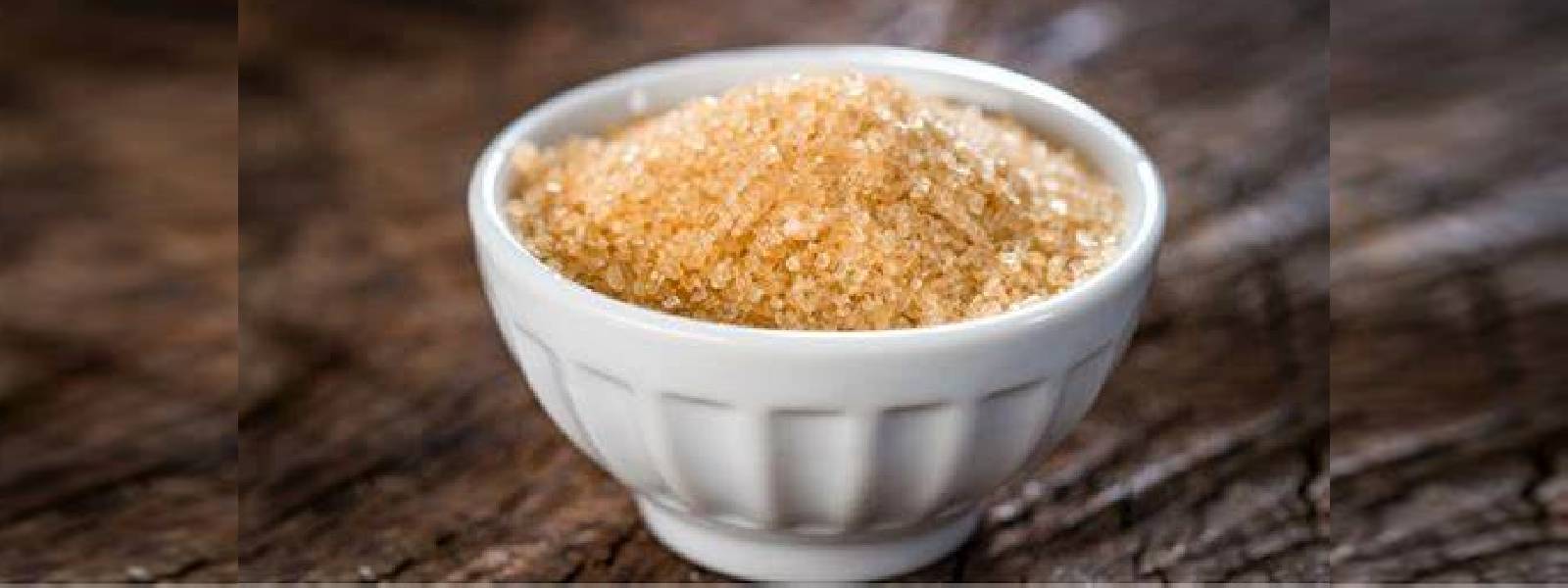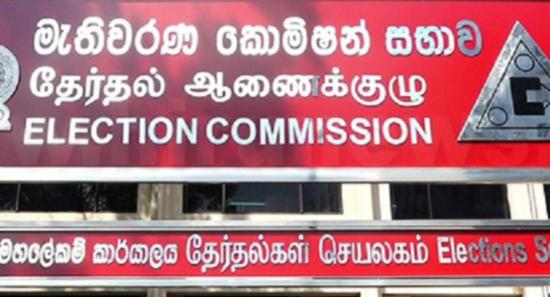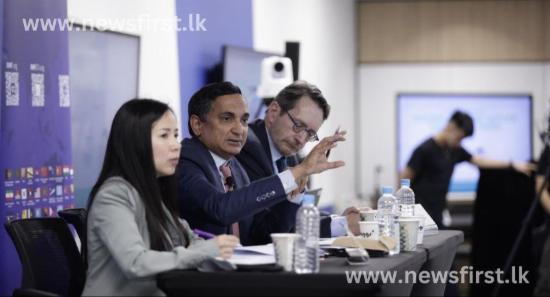.webp)

What happened to the Sugar Scam?
COLOMBO (News 1st): Massive questions have been raised as to the investigation that took place over the alleged sugar scam that reportedly cost the government 10 billion rupees?
What is the Sugar Scam?
By October 2020 the retail price of a kilogram of sugar had exceeded 130 rupees.
In a bid to reduce the retail price of sugar in the market the government on the 13th of October 2020 reduced the import tax on a kilo of sugar from 50 rupees to 25 cents.
At the time, sugar importers had about 90,000 metric tonnes of sugar, imported after paying an import tax of 50 rupees in storage.
After it was stated that the retail price of sugar cannot be reduced the government increased the income tax imposed on a kilo of sugar to 40 rupees on the 27th of October.
According to the Special commodity levy act, the increased tax will only come into force a month later.
Thereby the amended tax value could not come into force between the 13th of October and the 13th of November.
During this time period, one specific sugar importer was able to import 100,000 metric tonnes of sugar subject to an import tax of just 25 cents.
According to what was revealed in parliament, the loss suffered by the government as a result of this was close to 10 billion rupees.
In the interim, there was another questionable transaction that raised eyebrows.
After reducing the import tax of sugar to 25 cents the government set a maximum retail price of 85 rupees for a kilo of sugar.
During this period SATHOSA had purchased over 2000 metric tonnes of sugar at a price between 125 and 127 rupees, from this specific importer who was subject to an import tax of just 25 cents.
The stocks of sugar that were purchased from this specific importer was sold to the public at 85 rupees.
Thereby this specific importer was able to enjoy the profits due to the reduction of import taxes as well as the sale of sugar to SATHOSA at a higher price.
What happened to the complaint?
When details of this sugar scam were being revealed inside and outside parliament, the government took steps to remove the chairman of SATHOSA.
Although the JVP lodged a complaint at the Criminal Investigations Department, there is little evidence on any progress being made on the investigations.
Upon inquiries, it was revealed that the Bribery Commission is the institution with the mandate to investigate this incident and the investigations have been directed to the relevant institutions.
Meanwhile, the Bribery Commission said that they have launched an investigation into this incident.
Although the Parliamentary Committee on Public Finance had requested the reports on these transactions on a number of occasions they have not been submitted. The relevant institutions were reprimanded for these extended delays in submitting documents on these questionable transactions when the Parliamentary Committee on Public Finance convened last week.
Government MPs in the Parliamentary Committee on Public Finance also expressed displeasure over the losses caused to the government through these transactions.
The question remains, why is there a delay in enforcing the law against this sugar scam?
Other Articles
Featured News





.png )










-753544_550x300.jpg)

















.gif)